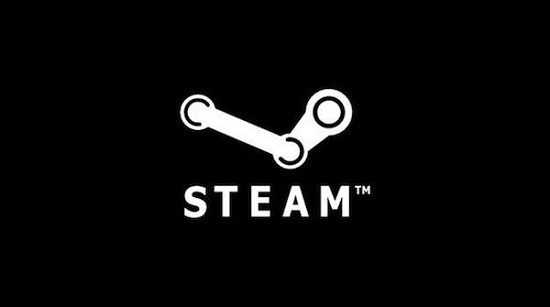Hey Valve, Do This One Thing To Make Steam Machines A Massive Success
The day will be soon upon us. November 10th that is. And the impending release of the Steam Machines (oh yeah and Fallout 4 as well!). But lately it seems that the Steam Machines are losing, well, steam (I promise this is the only bad pun).
You see, Steam Machines are set to introduce the exciting world of PC gaming with its superior hardware and performance, customisation, modding and the general open ended nature of the PC platform in general. Valve aims to take all this, package it up in a neat little box, slap a 10 foot user interface on it and sell it to the masses.
While Steam Machines may get a lot of things right come November 10th, but it’s definitely gotten one thing wrong. Valve is all about choice and decentralisation – they do not want to control or dictate anything. Heck, even the organisational structure is flatter than most other gaming companies out there. And Valve has adopted a similar approach with the Steam Machines, that is, have a bunch of different ones with wildly ranging specs and prices and let customers decide which one to buy because in the end more options means more freedom, right?
Wrong! The enthusiast PC gamer already has a beefy gaming rig and is not the primary target of Steam Machines. They may try the Steam Link but nobody is going to buy the Steam Machine as a replacement for their primary gaming rig (okay they might if their hardware is severely outdated, but then again most are enthusiastic to research and build their own systems). So, the main target group are the average gamers or console gamers in particular, who may happen to visit GameStop to grab the latest Call of Duty and Valve’s Steam Machine (or the Alienware Alpha) catches their eye.
But see, it’s not just the Alienware Steam Machine. There is a host of others such as Asus, Origin, etc. Price can be an indicator of performance but who’s to say a $1500 Steam Machine performs 3 times better than a $500 one? It does not.
Having so much choice ultimately results in confusing the average masses who simply wants to pick a system, insert or download a game and hit play. Now I’m pretty sure that Valve has had an entire horde of researches behind this concept and Gabe Newell is perhaps one of the smartest guys in gaming out there, but there is a benefit in simplicity.
So, what if, instead of a number of different manufacturers, Valve studied the current gaming landscape and forecasted the future to settle one just ONE hardware specification that would allow the Steam Machine to play games well for, say 5-10 years, just like consoles? To keep the open ended nature of the PC platform, Valve could’ve made it user upgradeable to swap out hardware as people pleased. That way you entice the average user who may grow into a power user and can swap out the hardware instead of buying an entirely new gaming system.
Valve could then go to a manufacturer to build the one Steam Machine. And just having one SKU would mean that as sales increased, economies of scales would kick in leading to lower prices in the future (just like how game consoles come down in price). By having a number of manufacturers, nobody gets to enjoy big cost savings and ultimately the end consumer ends up paying more.
By locking in the exact hardware specs, Valve could then go on to optimising the Steam OS/Debian to take advantage of low level APIs such as the upcoming Vulcan. Just having to develop for a hardware spec set in stone means that game developers would be able to squeeze every last ounce of performance. Who knows? Maybe it could’ve resulted in better performance than a Windows counterpart and Valve could tout the fact and get more developers to sign on and make games for Steam OS, getting the ball rolling and reaching critical mass. Building up on this concept, Valve could subsidize the cost of manufacturing Steam Machines, using the revenue from exclusive Steam OS games to offset the loss just as Microsoft and Sony does.
At the end of the day all gamers care about are high quality games and you can’t sell a platform without those high quality big budget games. There are a plethora of indie titles on Steam OS and plenty of them are simply fantastic. But indie games may not be everyone’s cup of tea so Valve needs to sign up more developers to develop for Steam OS, if not exclusively. No one buys the PS4 or the Xbox One for the hardware but rather the games that can be played on it.
As it stands, the Steam Machines neither has the AAA games or (gasp!) exclusives of Windows nor the simplicity of consoles resulting in a mess that just isn’t that appealing nor straightforward.
But who knows. We all could be wrong and 2 years down the line I may come back to this post thinking how much an idiot I was (am?).
Until then, keep on gaming!
PS – To all you grammar Nazis out there (yes I do get quite a few) I use the British English of “s” instead of the American “z”, e.g. coloni”s”ation. Now you know I’m not simply a baboon typing away at the keyboard and at least have the decency of using spell check. 😛



Jump right in and leave a reply, you can surely expect a response from me